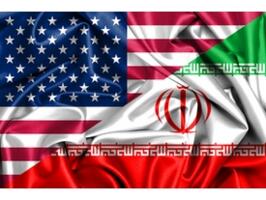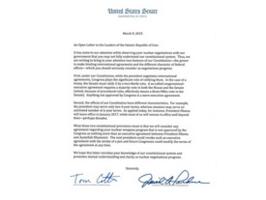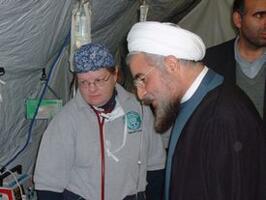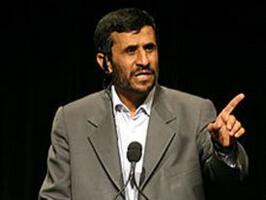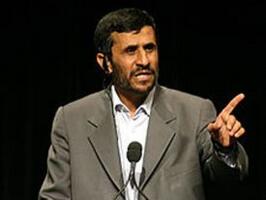61% Think Iran Unlikely To Honor Nuclear Treaty With U.S.
Voters are almost evenly divided over the framework deal the Obama administration has cut with Iran to slow the latter’s nuclear weapons program. But most doubt that Iran will abide by its terms or that its compliance can be verified by the United States.
The latest Rasmussen Reports national telephone survey finds that 39% of Likely U.S. Voters favor the agreement the United States has reached with Iran that ends some economic sanctions on that country in exchange for verifiable cutbacks in Iran’s nuclear weapons program. But slightly more (41%) oppose that deal. Twenty percent (20%) are undecided. (To see survey question wording, click here.)
[Have we heard from you yet? The 2015 Rasmussen Reports reader survey is the most important poll we’ll take all year. Take the survey now.]
(Want a free daily e-mail update? If it's in the news, it's in our polls). Rasmussen Reports updates are also available on Twitter or Facebook.
The survey of 1,000 Likely Voters was conducted on April 7-8, 2015 by Rasmussen Reports. The margin of sampling error is +/- 3 percentage points with a 95% level of confidence. Field work for all Rasmussen Reports surveys is conducted by Pulse Opinion Research, LLC. See methodology.
Additional information from this survey and a full demographic breakdown are available to Platinum Members only.
